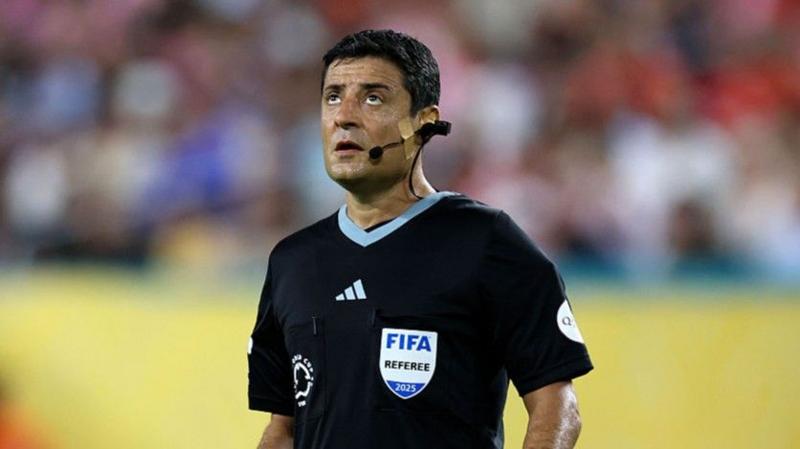Referee Body Cams Debut at Exciting Summer Series Trials



The Premier League is set to embark on an innovative trial during the final round of matches at its Summer Series event this Sunday, introducing referee body cameras in a bid to enhance the transparency and integrity of officiating in football. This pioneering move, largely welcomed by fans and experts alike, could revolutionize the way football is refereed at the highest levels.
The decision to use body cameras comes at a time when the scrutiny of refereeing decisions has never been higher. Each weekend, controversial calls—or the lack thereof—spark heated debates among fans, pundits, and players. By equipping referees with body cameras, the Premier League aims to provide a new layer of insight into the decision-making process on the pitch, potentially reducing misunderstandings and increasing respect for officials.
This isn't just a novel experiment in football; it's part of a broader trend across various sports seeking to incorporate technology for better outcomes. In rugby, for instance, referees have been using microphones and cameras for several years, allowing both spectators and players to hear interactions between officials and their rationale during the game. The National Football League (NFL) in the United States has also adopted similar technologies, which have been instrumental in clarifying calls and enhancing viewer engagement.
The body cameras to be used in the Premier League will be small, lightweight devices attached to the referee’s uniform, designed not to impede movement but robust enough to handle the physical nature of the game. They are expected to capture high-quality audio and video, providing footage that could be invaluable for post-match reviews. This footage might also be used for training purposes, helping to improve the quality and consistency of refereeing in the league.
While the primary aim of this initiative is to bring more transparency to decisions made during the match, there are several other potential benefits. For instance, the presence of cameras could act as a deterrent against dissent and aggressive behavior from players. Knowing that their actions and words are being recorded might encourage players to think twice before protesting a call or engaging in confrontations.
Moreover, this technology could prove to be a critical tool in the ongoing battle against racism and other forms of abuse in sports. Audio and visual recordings of player-referee interactions during the match will supply undeniable evidence in cases where sanctions might be necessary, thus supporting the league's commitment to eradicating discriminatory behavior.
This trial will be closely watched not only by other football leagues around the world but also by governing bodies of other sports, who are continually looking for ways to improve fairness and fans' trust. If successful, the use of body-worn cameras by officials could become a regular feature not just in English football but globally across the sport.
However, the deployment of such technology is not without its challenges and critiques. Questions about privacy, data management, and the potential for misuse of the footage are among the concerns that need to be addressed. How will the Premier League ensure that the footage is used ethically and stored securely? These are some of the crucial issues that will determine the long-term success of this initiative.
As we approach Sunday’s matches, all eyes will be on the referees—not just for their decisions but for how this ground-breaking trial plays out in real time. Whether this experiment will lead to a permanent change in the sport remains to be seen, but it certainly marks a significant step towards modernizing one of the most beloved sports in the world. Fans around the globe will be eagerly watching, hopeful that this new technology will bring about a greater understanding and appreciation of the complex role of football referees.